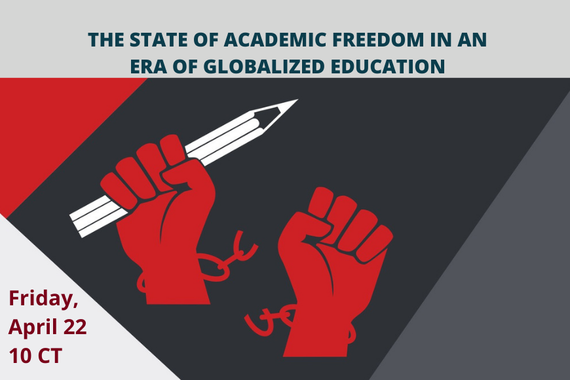Academic Freedom
Transnational cooperation among universities has created unprecedented opportunities for cross-border knowledge production. But increasingly interconnected global partnerships in research, education, and funding have also provided authoritarian governments with new means of exercising repression abroad.
International students from authoritarian states often censor their research and advocacy to avoid reprisals at home. Some face threats of exile. Others conducting fieldwork abroad face threats to their physical safety, while students and faculty anywhere in the world may be subject to internet surveillance and digital repression. With threats mounting to human rights at home and abroad, universities interested in best supporting their students and faculty must reassess their policies toward international actors.

HRP research assistant Mohammed Mandour explores the global reach of authoritarian regimes and the ways in which the impacts of their draconian laws go beyond borders to control students who are expressing their thoughts. Read Transnational repression undermines academic freedom in Western universities.

This webinar, sponsored by the University of Minnesota Human Rights Program on Friday, April 22, 2022 features 4 experts whose studies on academic freedom span across the globe. Join Sarah McLaughlin, Dr. Omar Sharifi, Dr. Liviu Matei, Dr. Teng Biao, and moderator Meredith McQuaid for a discussion on this topic of growing importance.